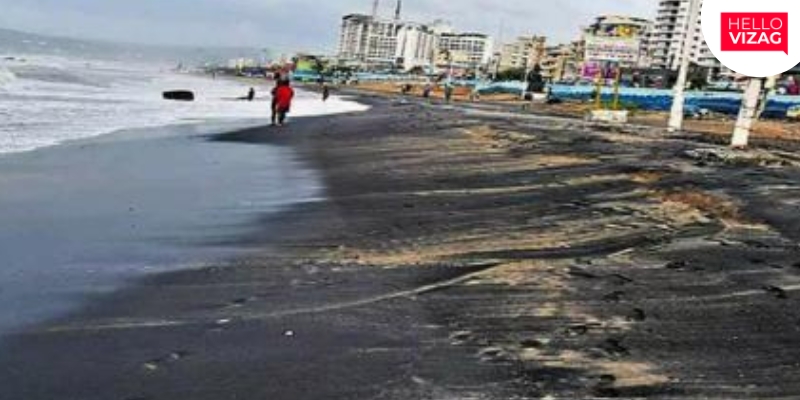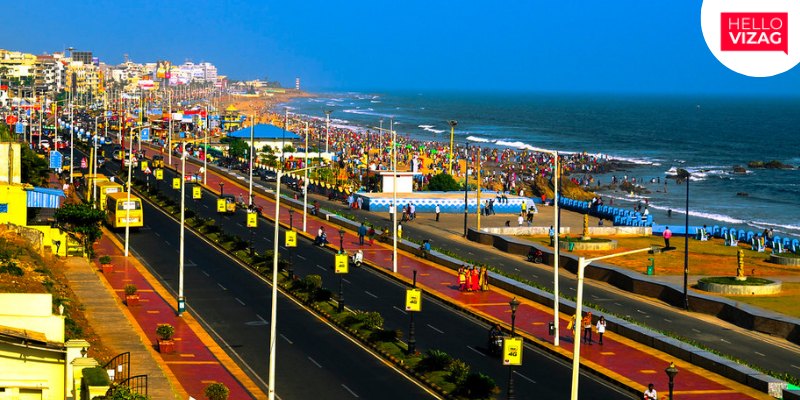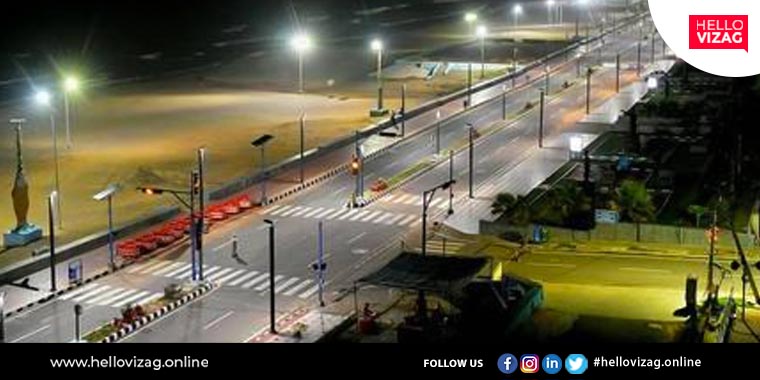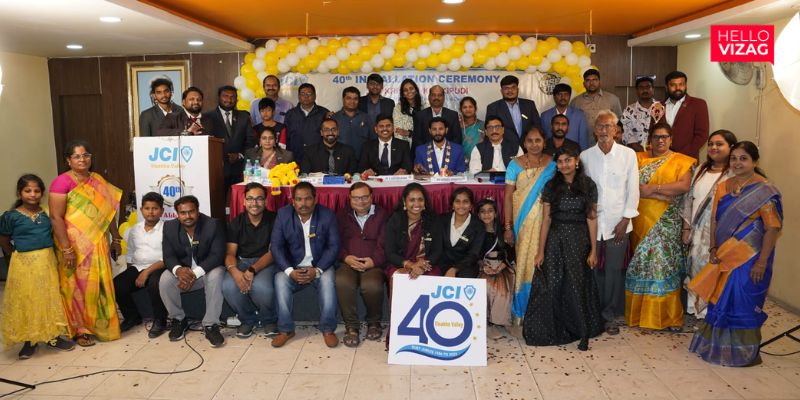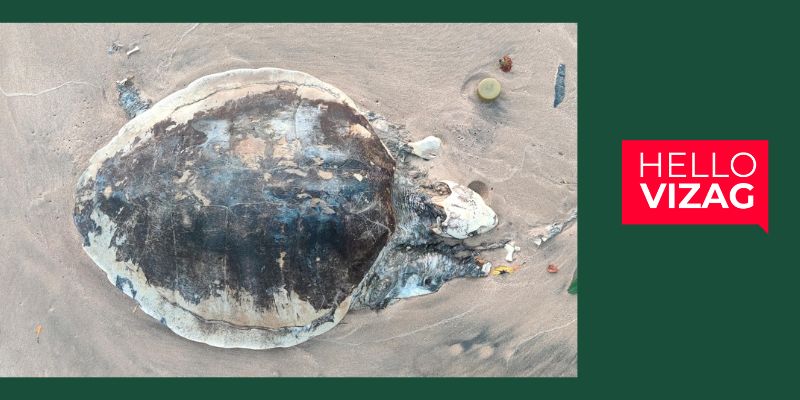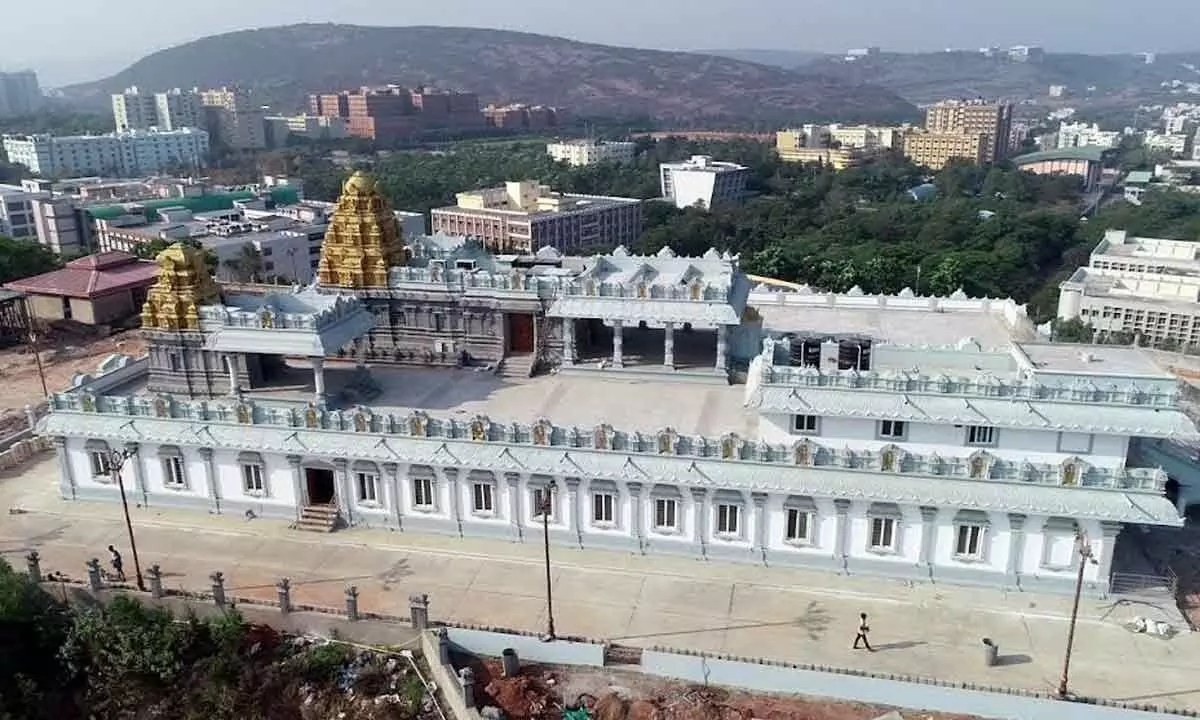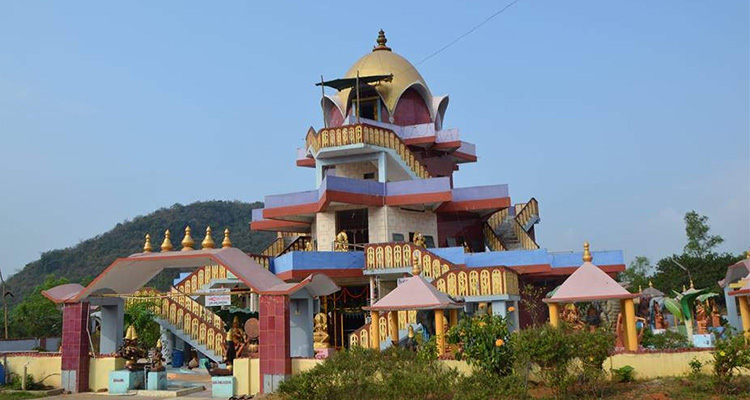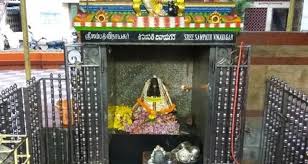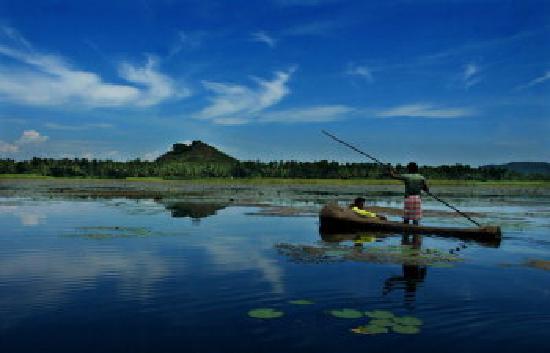Mysterious Transformation: Vizag Beach Sand Turns Black – Iron Dust Suspected Culprit?
In a puzzling occurrence, the pristine white sands of RK Beach, nestled between Coastal Battery and the Novotel hotel in Visakhapatnam, underwent a dramatic transformation, turning jet black on a fateful Thursday.
While the sudden shift in color baffled beachgoers and experts alike, initial investigations have ruled out the possibility of an oil spill or pollution as the primary cause.
Speculation runs rife among concerned citizens and environmentalists, with some pointing fingers at the potential role of sewage pollution and iron dust carried ashore by the relentless sea waves.
During the monsoon season, the force of stormwater can strip away the upper layer of sand, unveiling the mysterious black sands beneath, claim some observers.
Additionally, others contend that the phenomenon may stem from the continuous deposition of waste and drainage water onto the beaches.
Dr. K Murthy, a retired scientist from the National Institute of Oceanography (NIO), weighed in on the situation, stating, "Sometimes, opaque minerals can be responsible for the emergence of patches of black sand on beaches, but the presence of these minerals along our coast is notably scarce."
Offering another perspective, Professor KVSR Prasad from Andhra University's meteorology and oceanography department proposed, "The primary cause could be untreated sewage flowing from various drains into the sea, and the secondary factor might be an excess of iron dust in the water."
As the enigma of the blackened sands deepens, further investigations are underway to unravel the true source of this captivating natural phenomenon that has left locals and experts equally intrigued.

 Team Hello Vizag
Team Hello Vizag
